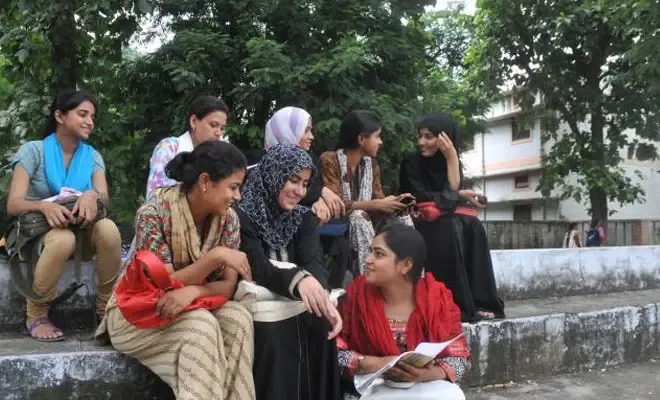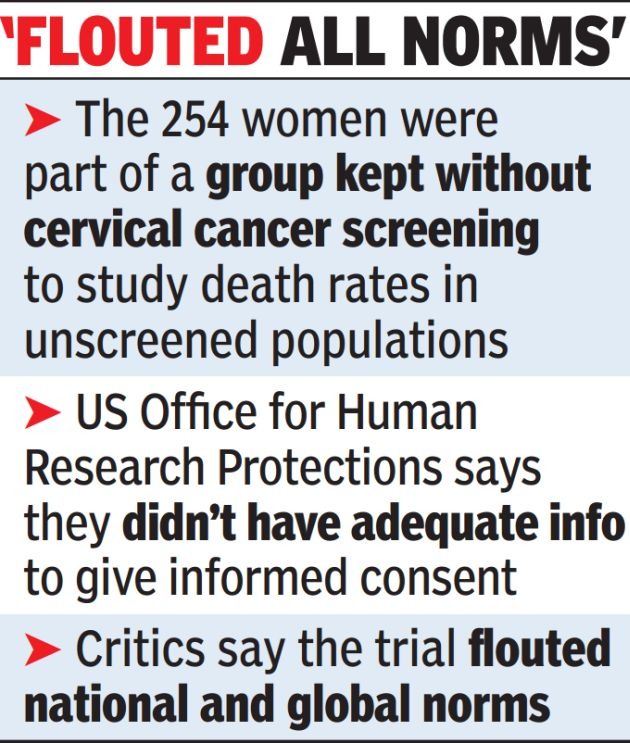
On March 12th, the University Grants Commission (UGC), the statutory body in charge of determining and maintaining the standards of higher education in India, released new guidelines that drastically cut funds up to 40% for Women Studies Centers across the nation. Why is Women’s Studies (WS) the target of the current government? How does the budget cut affect the discipline of WS? How is feminism a political threat?
Women’s Studies emerged in India as a discipline in the 1970s from the women’s movement which attempted to make women visible in history through the interdisciplinary frameworks of gender, race, and class. It extended feminist ideas in the university and explored issues such as violence, caste and religious discriminations, female feticide, dowry deaths, and pay disparity. It questioned the production and distribution of patriarchal knowledge and refuted the gender binary reinforcing the idea of gender performativity. Centers for WS were set up across India and funded by the UGC under the 12thYear Plan (2012-2017); WS was recognized as an important discipline that needed to be institutionalized and supported for changing the perception of women and highlighting their contribution in socio-economic development.
Despite the UGC recognizing WS as an important discipline, there has been a recurring disapproval of the discipline by critics from right-wing politics. Critics of WS believe that the discipline is an indulgence for women. In 2003, the National Democratic Alliance (NDA), a party led by the Bharatiya Janat Party (BJP), a right-wing political party heading the current Indian government, sought to rename Women Studies Centers across the nation as Women and Family Studies Centers as part of the 10th Year Plan, hoping that a change in name would deter feminist agendas. A few years later, a survey in the state of Tamilnadu in 2006, under the All India Anna Dravida Munnetra Kazhagam (AIDMK) government, an ally to the NDA, examined WS in many universities across the state and concluded that WS courses were often regarded as “soft options”. It stated that WS ended up getting students who did not get admissions into core disciplines while questioning the discipline’s significance and impact in the real world.
It is indeed distressing to see how the right-wing questions the significance of WS in a culture where sexual harassment is normalized and trivialized. When Indian women broke their silence on social media with the #MeTooMovement in 2018, the government remained silent and refused to take action on sexual harassers, endorsing male supremacy. With thousands of women, like the journalist Priya Ramani and the actress Tanushree Dutta, shaking the skeletons out of their closets, the #MeToo movement drew attention to patriarchal oppression at home and at the workplace. However, the fundamentalist non-secular right-wing dismissed the cases focusing instead on the “saffronization” of the nation and the glorification of Hinduism.
In the present political scenario, it is not surprising that WS suffers a drastic budget cut. Women and minority studies are a threat to the political right-wing as they question patriarchy and casteism, which are the fundamental tenets of the party. With a cut in funds in higher education, admissions will be limited, and tuition will increase; education will become unaffordable for students from underprivileged backgrounds and higher education will become elitist. The temporariness accorded to Women’s Studies and Dalit Studies, among other social science disciplines, through UGC funds, is a way of institutional marginalization. By withholding funds, the government controls the circulation of feminist thought and reinforces patriarchal oppression.
The government’s nationalistic vision of “New India” as a superpower with global hegemony is an extension of upper-class Hindu patriarchal ideology; it is imperative therefore that WS is recognized as an important discipline, and women are viewed as equal, in times that celebrate inequality as power. Let’s hope that the upcoming election in May 2019 will bring about an equal and diverse India.
(Photo Credit: She the People)
